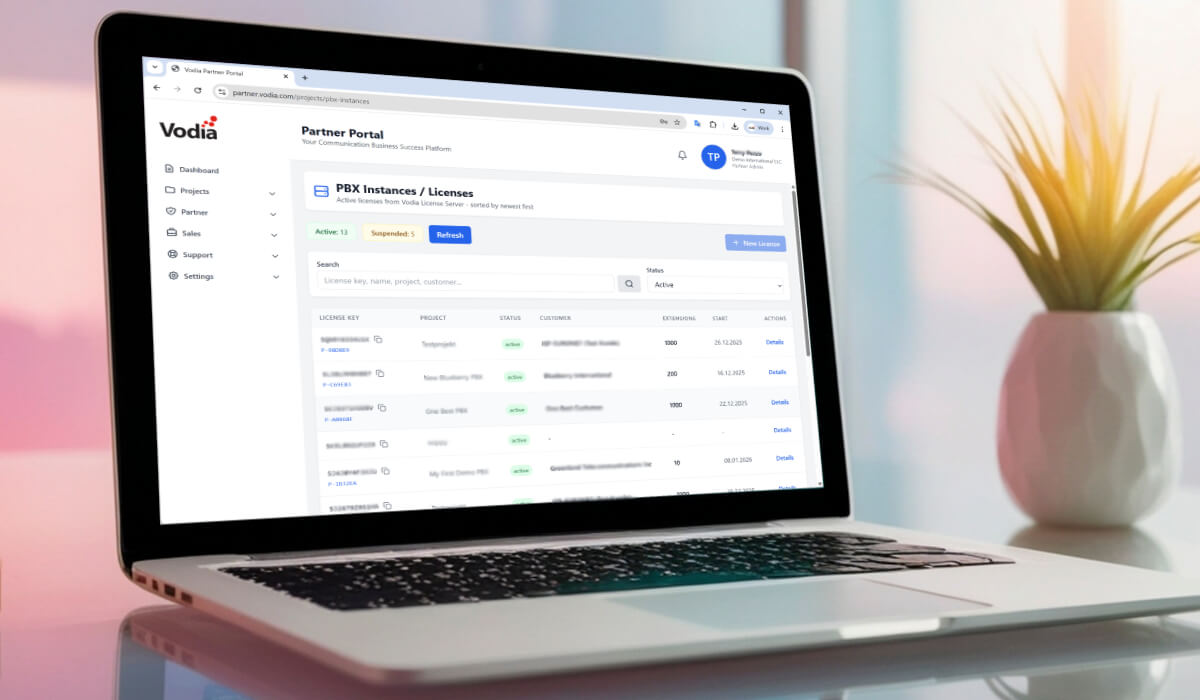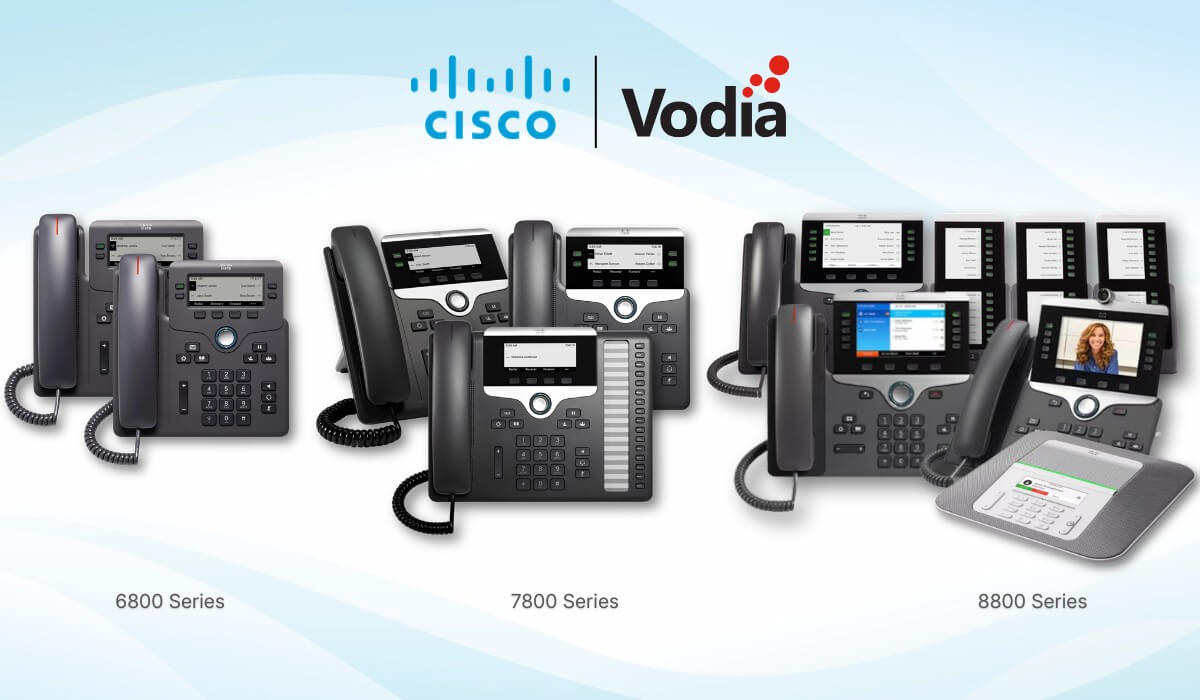We often talk about the rapid pace of technology. Moore’s Law (how overall processing power for computers will double every two years) and the ever-evolving technology landscape make it seem as if our world is literally changing from one moment to the next, leading us down new paths and empowering us with tools to enhance the way we do normal, everyday things. One area where this is apparent is in the world of telephones or, as it is more aptly termed today, telephony. Business phone systems in particular have progressed dramatically since the days when Centrex (central office exchange service) was the only game in town. Or have they…
Before there was such a thing as a PBX (private branch exchange), we had Centrex: all your calls were sent to the telephone company’s central office, and this was where all the magic happened – four-digit dialing, music on hold, transfers, conferences…no need for any premise equipment, no complicated setup or ongoing maintenance, no time-consuming and costly upgrades. It was simply services and features delivered via Centrex lines to your office for a monthly fee. No rocket science, no assembly required.
Enter the PBX. Why send all calls and feature codes to the phone company when you can maintain your own switchboard inhouse? With equipment on-site, any issues related to hardware can potentially be resolved internally, without having to wait on hold forever or place multiple calls to reach the right person. With a PBX, businesses have full administrative control over their systems, with the ability to change a user’s profile or dial plan on the fly and without having to rely on a data connection to the outside world. The phone closet down the hall, just past the vending machine, houses your own private telephone company.
VoIP and IP PBX were the next phase of the telephony evolution – voice can now be sent as data. Your words are now ones and zeroes flying all over the Internet and reassembled back into voice at their endpoint. All of our calls now have a VoIP component, as all of the carriers are using VoIP to transport these calls worldwide. And as long as you have an IP phone system, you can enjoy all of the benefits of this technology. You can do this with premise-based equipment or, since we’re talking all data now, and the Internet is ubiquitous, the system can also be hosted off-site.
What next? Enter Hosted IP PBX. This is where all your calls are sent to the hosting server, which is now where all of the magic happens: four-digit dialing, music on hold, transfers, conferences…you no longer need any premise equipment, there’s no complicated setup or ongoing maintenance, no time-consuming and costly upgrades, it’s just simply services and features delivered via the Internet (SIP trunks) back to your office. Wait, this sounds kind of familiar…
So have we returned to Centrex? Have we come full circle? Some of this sounds the same, for sure, but one would hope we’ve made some progress in the past 30-plus years, and I believe we have. I may be a little crazy, but I’m not nuts: the features you get with an IP PBX alone are way beyond what a basic Centrex package used to offer. Sophisticated ACD technology, desktop user portals with presence and monitoring capabilities, work from anywhere mobility with mobile app support, secure encrypted communications…we now have options and built-in features we never dreamt of back in the day, and they’re now available to everyone, even small businesses.
The Vodia PBX comprises the most complete suite of robust business telephony features for on-premise and cloud-based telephony, including auto attendant, SMS, paging, separation of personal and work calls, conference calls, call recording, CRM integration and Microsoft Teams integration. If you’re looking for an integrated solution to provide telephony, Internet and Wi-Fi for your organization, Vodia makes it possible to work from anywhere. For more information, contact us at info@vodia.com.
.svg)






